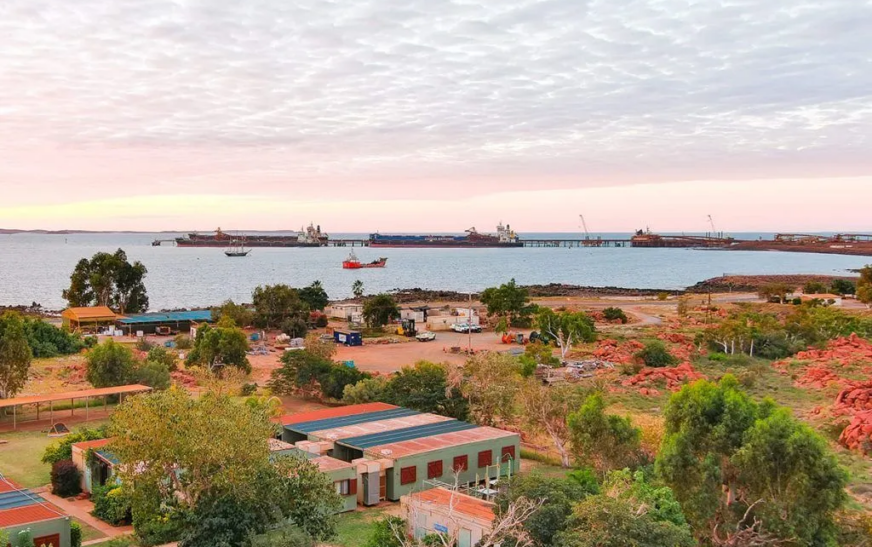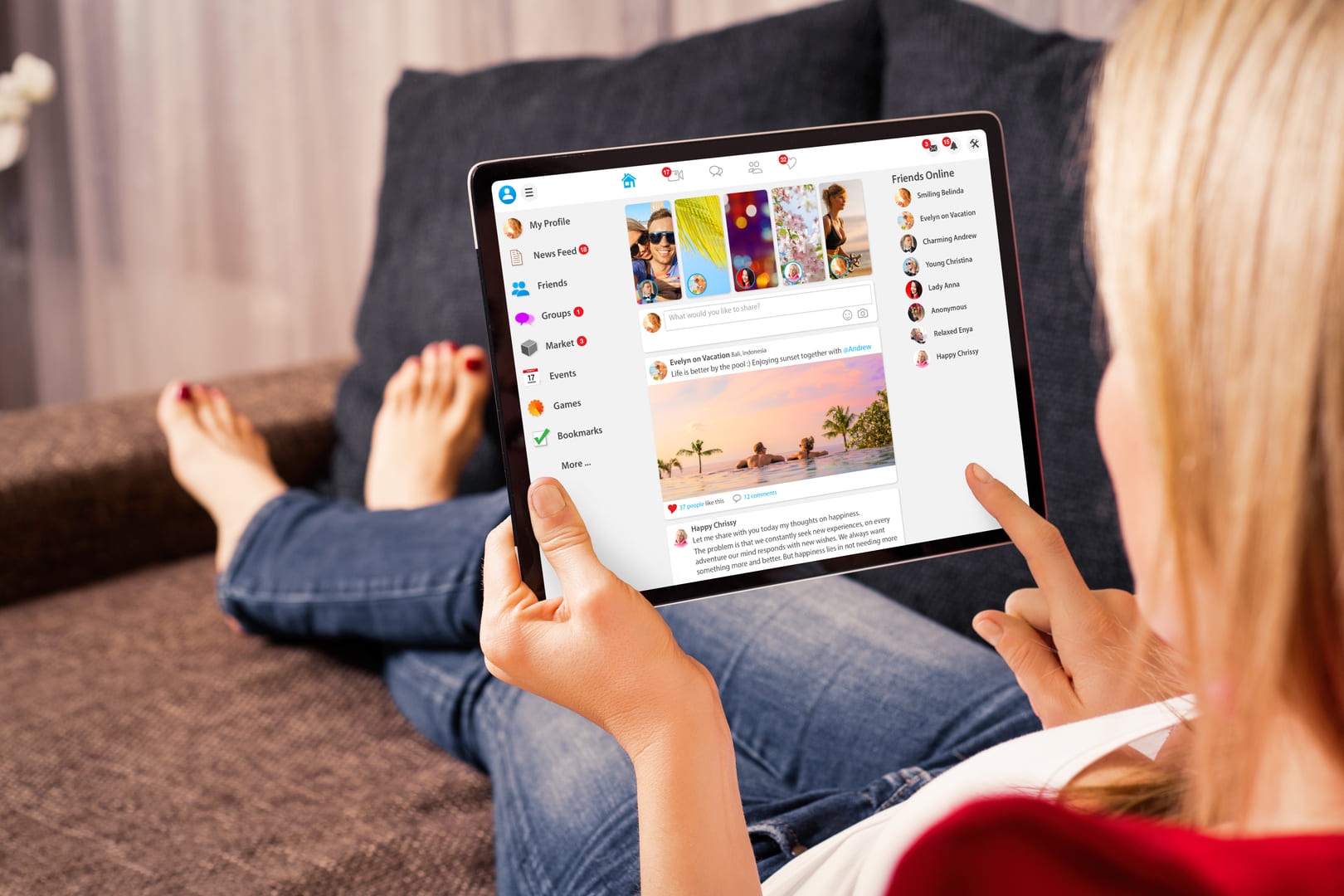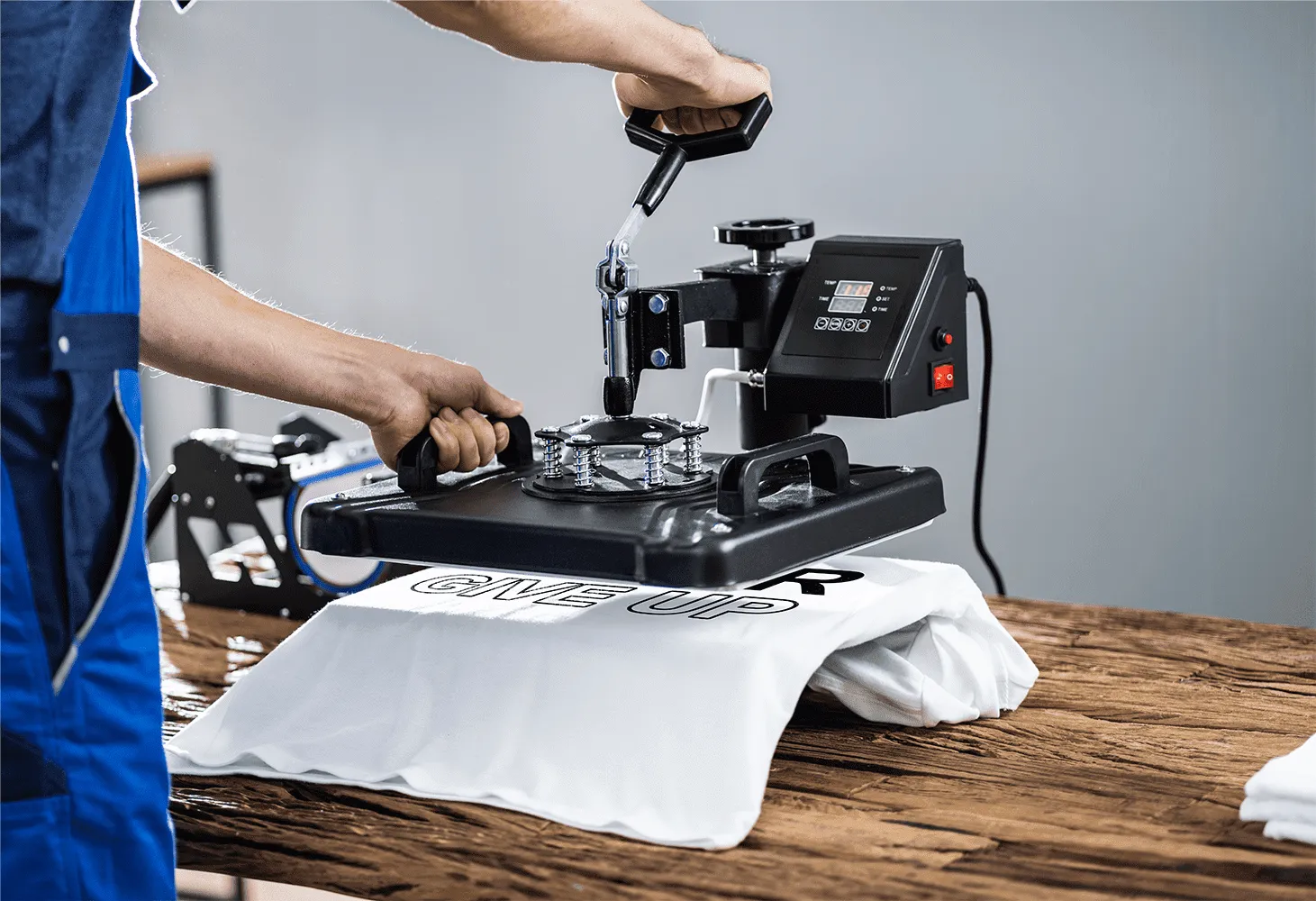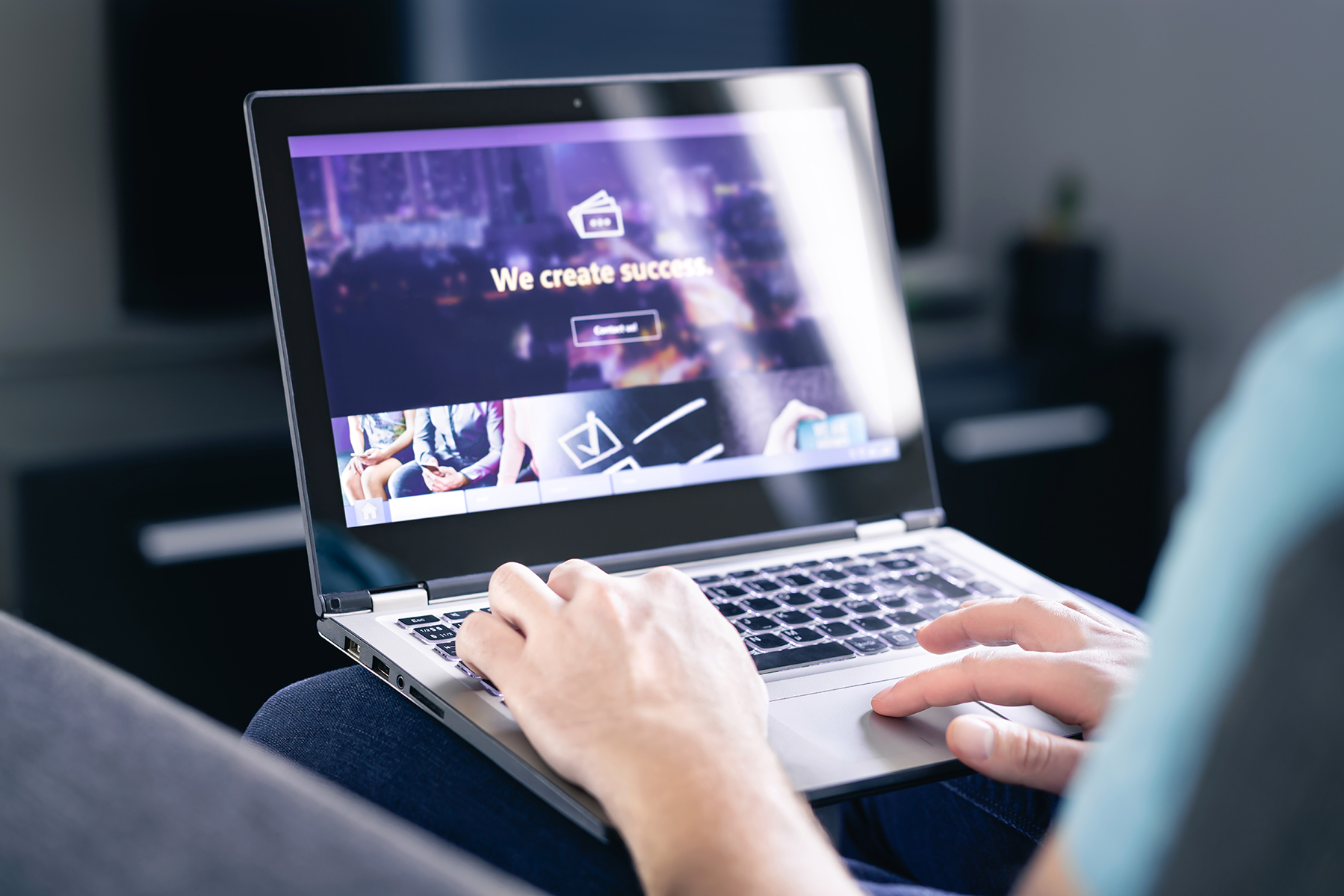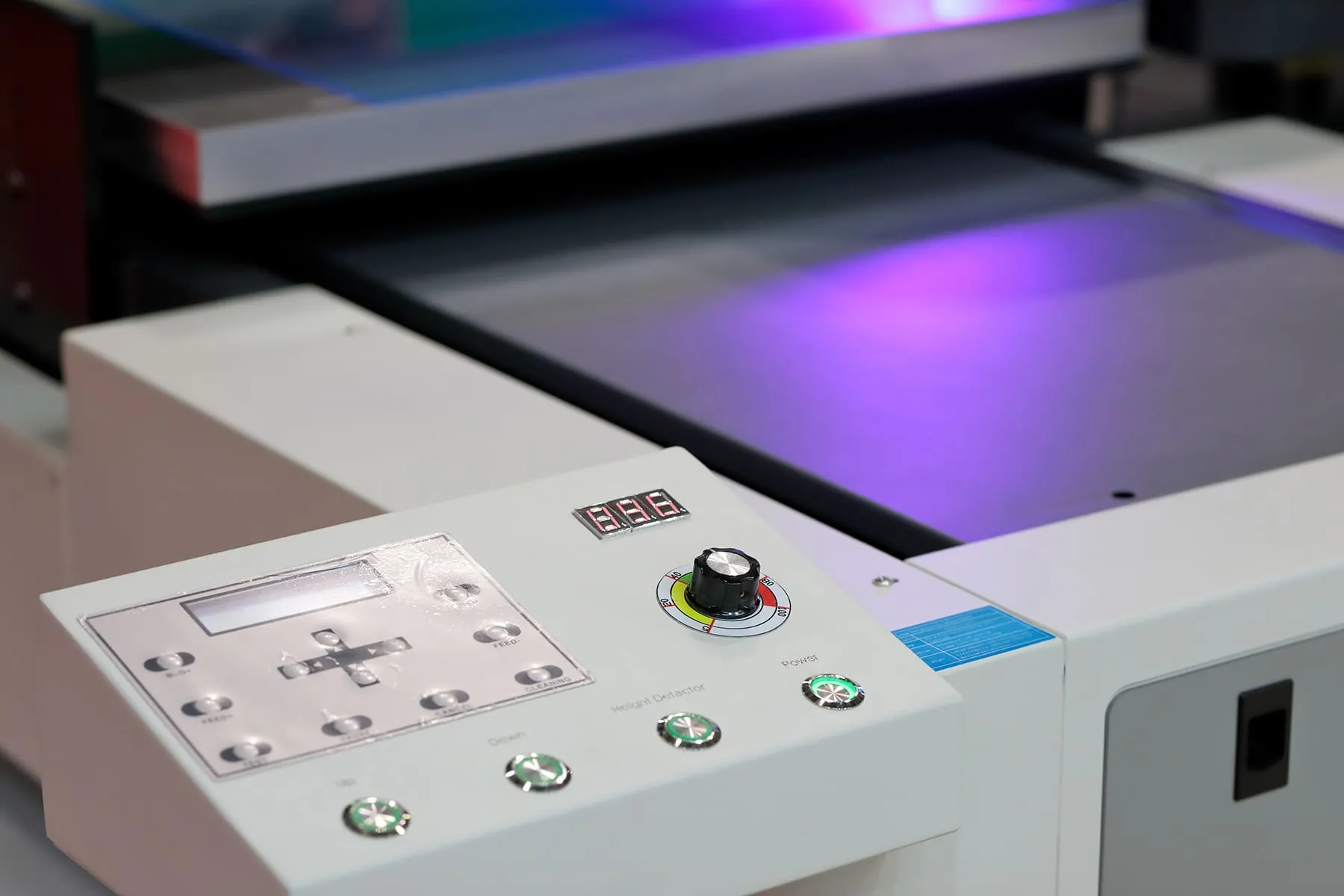Buying your first home is a massive step. It’s exciting, it’s nerve-wracking, and it’s often confusing. If you’re thinking about jumping into the property market for the first time, it’s important to be prepared. Knowing what’s involved can save you time, money, and a whole lot of stress. Here’s a clear, no-nonsense look at what you should know before you make the leap.
Understanding Your Borrowing Power
One of the first things you need to figure out is how much you can actually borrow. Your borrowing power isn’t just about your income — it’s about your overall financial position. Lenders will look at your salary, savings, expenses, debts, and even your credit history before they tell you how much you can borrow.
It’s smart to get an idea of your borrowing capacity early. Tools like mortgage calculators are handy, but speaking to a finance expert gives you a more accurate picture. It also helps you understand how your future repayments will fit into your lifestyle. Remember, just because a bank offers you a certain amount doesn’t mean you have to take it. Only borrow what you’re comfortable paying back without putting your life on hold.
Saving for a Deposit
Your deposit is one of the biggest hurdles to buying your first home. In most cases, you’ll need at least 20% of the property’s value to avoid paying Lenders Mortgage Insurance (LMI). Some lenders will accept a smaller deposit, but it often means extra costs.
Saving for a deposit can feel overwhelming, especially with property prices where they are today. Breaking it down into smaller, regular savings goals can make it more achievable. Setting up a separate high-interest savings account, cutting unnecessary expenses, and even looking into government grants or schemes designed to help first-home buyers can speed things up.
Don’t forget to budget for upfront costs like stamp duty, legal fees, building inspections, and moving expenses. These can add up quickly and catch you off guard if you’re not prepared.
The Importance of Pre-Approval

Before you start house hunting seriously, getting pre-approval from a lender is a smart move. Pre-approval is basically a green light from the bank saying they’re willing to lend you a certain amount, based on your financial situation.
Having pre-approval shows real estate agents and sellers that you’re serious. It also gives you a clear budget to work with, which can stop you falling in love with a home that’s out of reach. Keep in mind, pre-approval isn’t a guarantee — you’ll still need formal approval once you make an offer — but it’s a very strong starting point.
Choosing the Right Home Loan
Not all home loans are the same, and choosing the wrong one could cost you thousands over the life of your mortgage. You’ll need to think about things like:
- Fixed vs variable interest rates
- Loan features (like redraw facilities or offset accounts)
- Fees and charges
- Flexibility to make extra repayments
It’s worth taking the time to compare your options or working with a finance broker who can do the legwork for you. A good home loan isn’t just about the interest rate; it’s about how well it fits your needs now and into the future.
Understanding Ongoing Costs
Owning a home doesn’t stop costing money once you get the keys. There are ongoing expenses you need to be ready for, including:
- Council rates
- Water bills
- Home insurance
- Maintenance and repairs
If you’re buying into a strata complex, there’ll also be body corporate fees to think about. Budgeting for these costs upfront can help you avoid nasty surprises later.
It’s also a good idea to build a small emergency fund for unexpected repairs. Things like leaking roofs or broken hot water systems don’t wait for payday.
Government Assistance for First-Home Buyers
Depending on where you live and what you’re buying, you might be eligible for government help. Programs like the First Home Owner Grant (FHOG), stamp duty concessions, and low-deposit loan schemes can make buying your first property a lot easier.
Each state and territory has different rules, so it’s important to check what’s available in your area. Some programs have strict eligibility requirements based on income, the value of the property, or whether it’s a new build.
Even if you don’t qualify for a grant, some government programs can still help you get into your own home sooner with a lower deposit.
Choosing the Right Property

It’s easy to get swept up in the excitement of property hunting, but choosing the right home takes a cool head. Think about:
- Location: How close is it to work, schools, public transport, shops, and parks?
- Size: Does it meet your needs now and into the future?
- Condition: Will you need to spend a lot on renovations or repairs?
- Resale potential: Even if you plan to stay for a long time, life changes. Buying in an area with good growth potential can protect your investment.
Make a list of non-negotiables versus “nice-to-haves.” It can help you stay focused during inspections and avoid getting distracted by flashy features that don’t really matter long-term.
Final Thoughts
Buying your first home is one of the biggest financial decisions you’ll ever make. It’s not something you want to rush into, but it’s also not something you need to be scared of. With a bit of preparation, a clear understanding of your finances, and the right team behind you, you can make the process much smoother.





